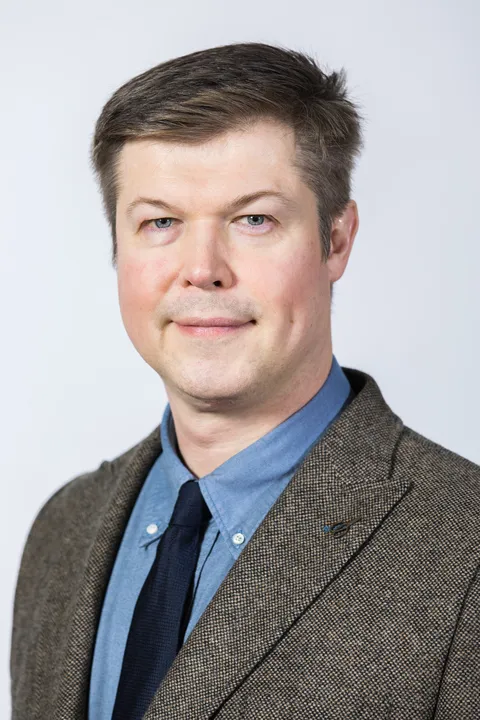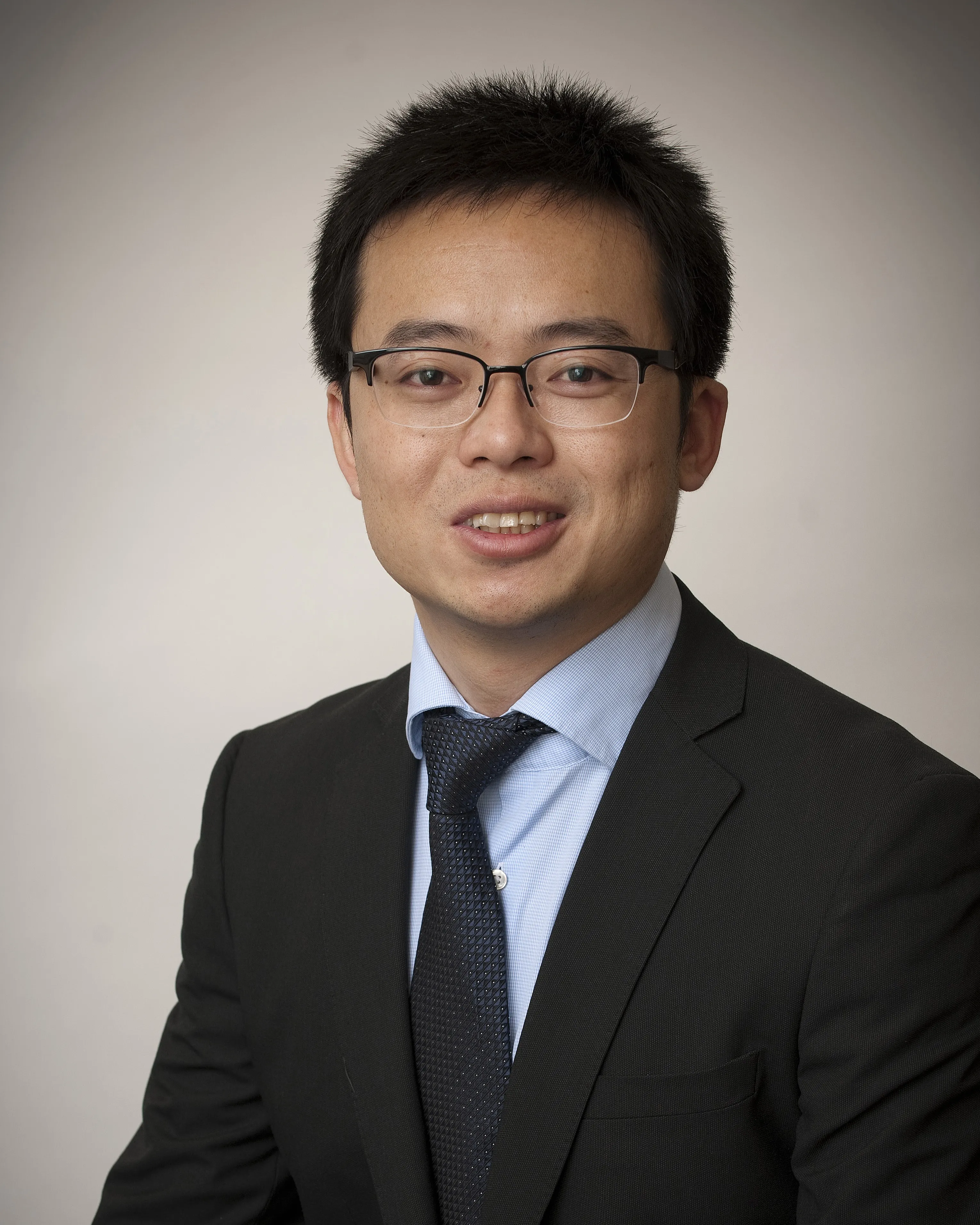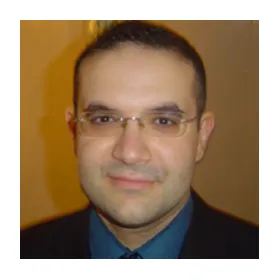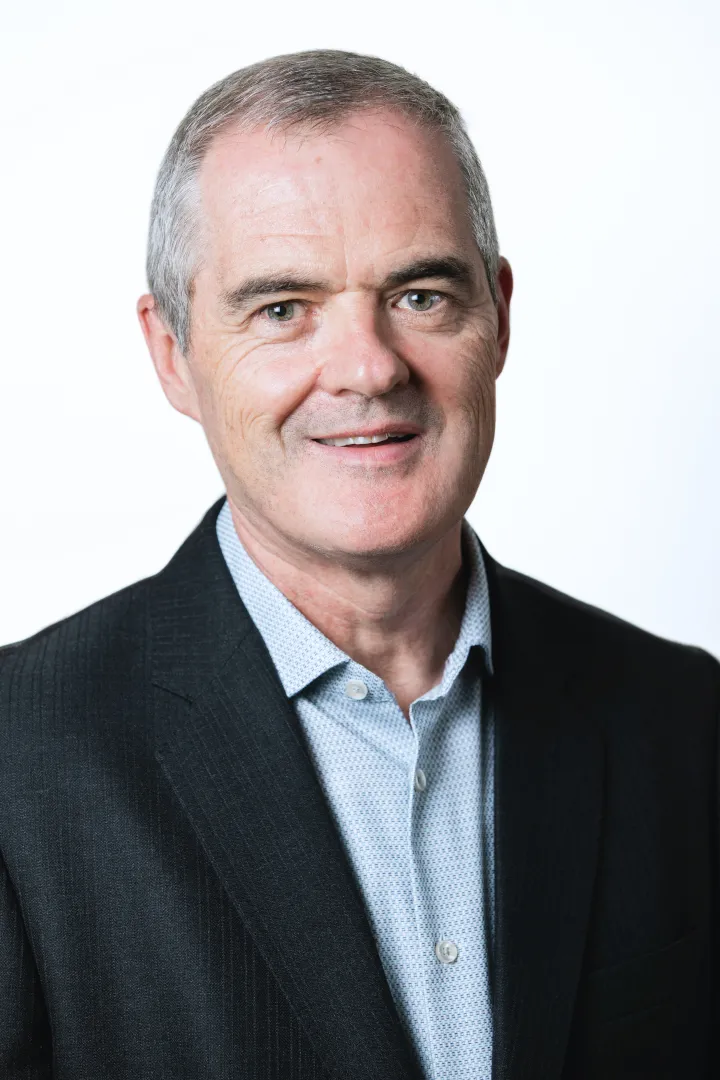
Materials and Processes


Dr Yang's current research interests focus on Composites Engineering (materials, manufacturing and structures) and Computational Engineering (multiscale, multiphysics, multiphase coupling). With a background in manufacturing and later experience in structural and materials engineering, his cross-disciplinary research is at the interfaces of underpinning material science, emerging manufacturing technologies and advanced structural analysis and design. He also develops computational techniques and deterministic models to address multiscale, multiphysics and multiphase coupling challenges across engineering disciplines.
- BEng in Mechanical Engineering, 2004.
- MSc in Mechanical Engineering, 2007.
- PhD in Civil Engineering, Leeds (with ORSAS scholarship), 2011.
CEng, FIMechE, FHEA
I welcome talented PhD candidates, postdoctoral fellows and academic/industrial visitors from various engineering disciplines to work on composites engineering and computational engineering.
There are various scholarship opportunities at Edinburgh, click the links below for more details:
Principal's Career Development PhD Scholarships
Edinburgh Global Research Scholarship
University of Edinburgh scholarships
Centre for Doctoral Training (CDT) scholarships
Biography

- PhD in Chemical Engineering, Carnegie Mellon University, PA, USA
- MSc in Electrical & Computer Engineering, Carnegie Mellon University, PA, USA
- Eberly Center Diploma in Higher Education, Carnegie Mellon University, PA, USA
- Diploma in Translation (DipTrans), Institute of Linguists, London, UK
- Diploma in Chemical Engineering, Aristotle University of Thessaloniki, Greece
- Programme Director of the MSc in Advanced Chemical Engineering
- Oil and Gas Systems Engineering 4/5 (SCEE11008)
- Chemical Engineering Design Projects 4 (CHEE10002)
- Chemical Engineering Study Project 4 (CHEE10009)
- Chemical Engineering Industrial Project 5 (CHEE11014)
- Chemical Engineering Research Project 5 (CHEE11017)
Pharmaceutical Process Systems Engineering
Technoeconomic Evaluation of Batch and Continuous Pharmaceutical Processes
Biochemical, Food & Drink Process Dynamic Optimisation
Oil & Gas and Energy Systems Modelling and Optimisation
Oil & Gas Project Technoeconomic Evaluation
High-Temperature Materials Processing Optimisation
- Pharmaceutical Process Systems Engineering
- Biochemical, Food & Drink Process Dynamic Optimisation
- Oil & Gas and Energy Systems Modelling and Optimisation
- High-Temperature Materials Processing Optimisation

1985, BE, Mechanical Engineering, National University of Ireland, Galway 1987, MEngSc, Mechanical Engineering, National University of Ireland, Galway 1991, PhD, Mechanical Engineering, University of Delaware, USA
Fellow of the Institution of Mechanical Engineers Chartered Engineer, Member of Engineers Ireland Member of American Society of Mechanical Engineers Member of Society for Advancement of Materials and Process Engineering (SAMPE)
Inaugural Sir Bernard Crossland Medal for Engineering Innovation, Engineers Ireland, 2008 Institution of Mechanical Engineers Donald Julius Groen Prize, 2012 Údarás na Gaeltachta / TG4 Gaeltacht Business Award 2007 - Innovation Category Enterprise Ireland Commercialisation Award for Successful Licensing from NUI Galway ATRP Project, 2007 Fulbright Scholars Programme Award at Massachusetts Institute of Technology, United States, 1995 Engineers Ireland Smith Testimonial, 1994
